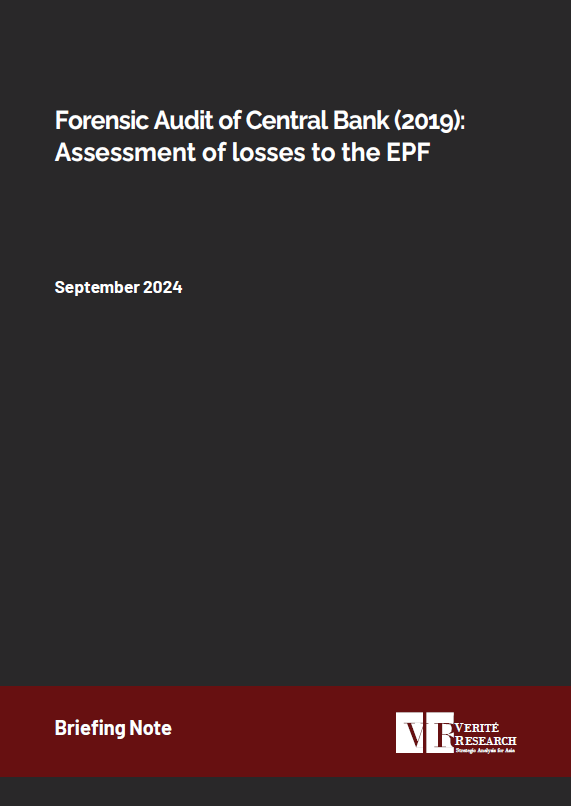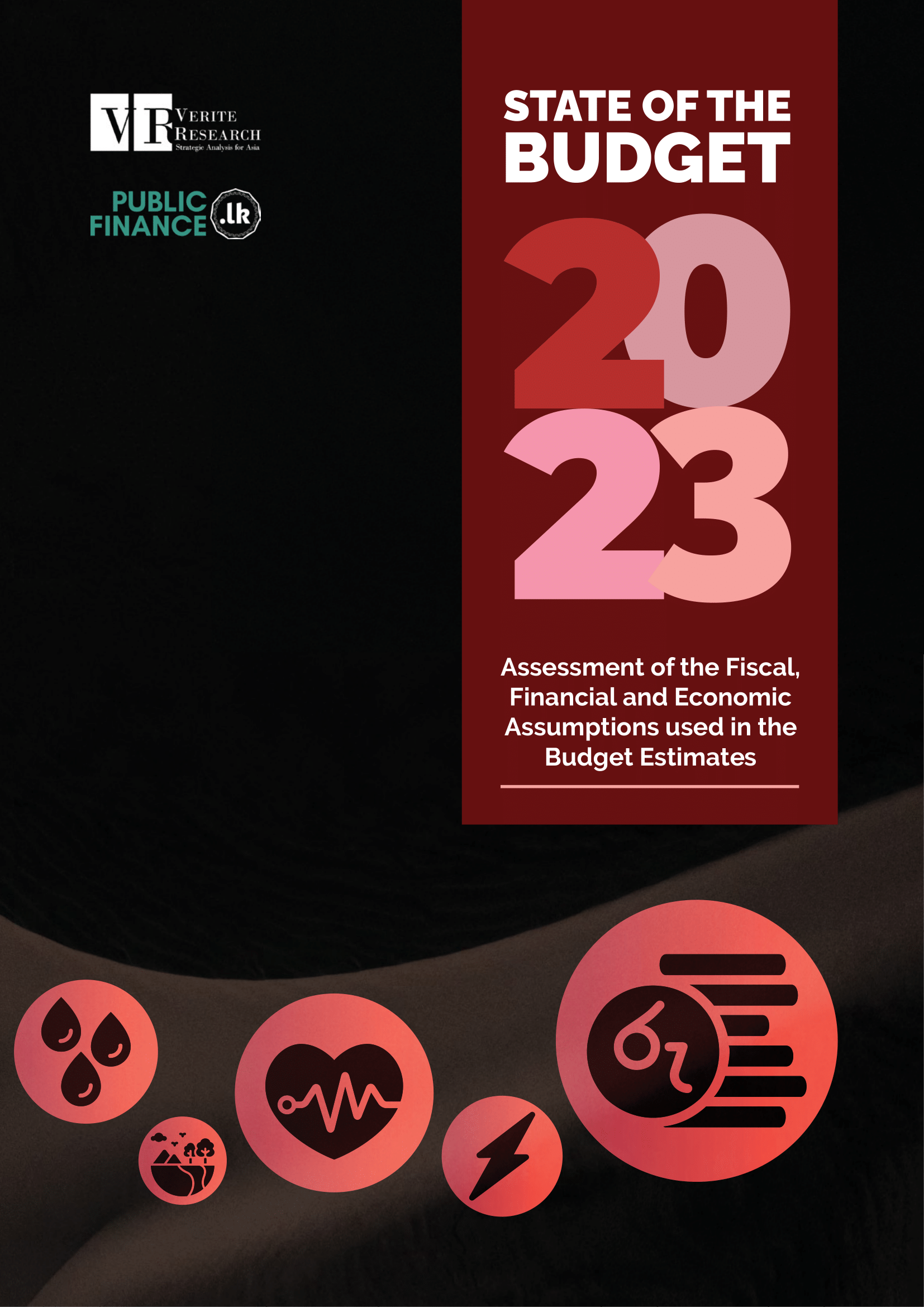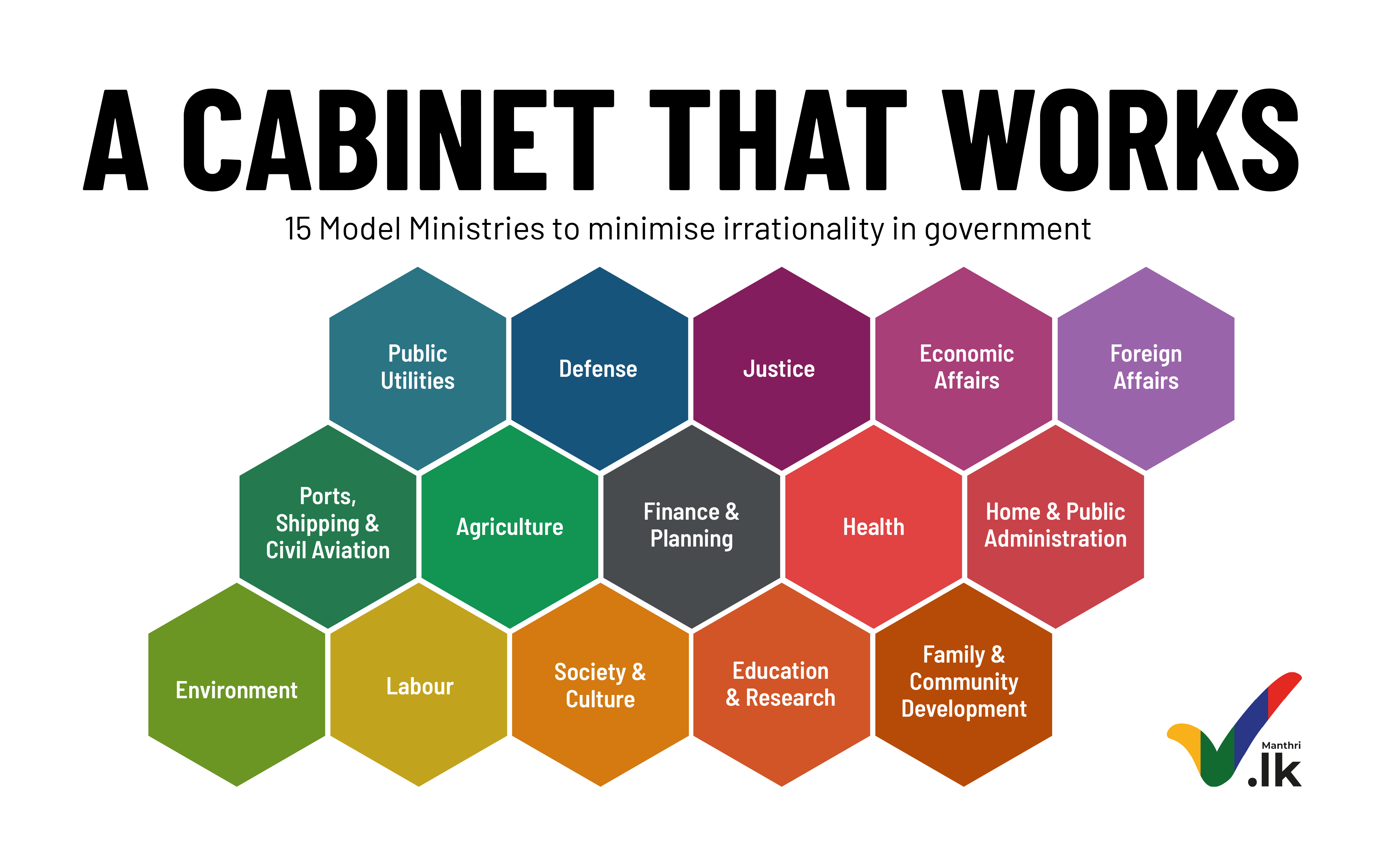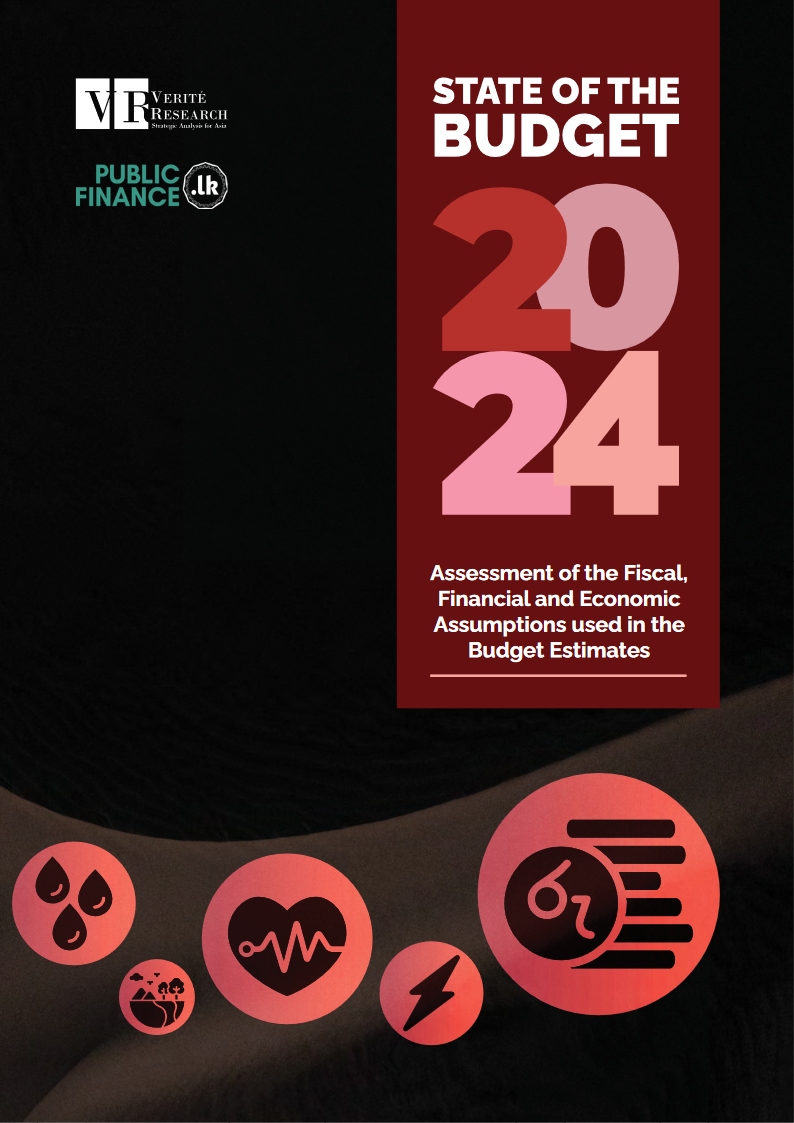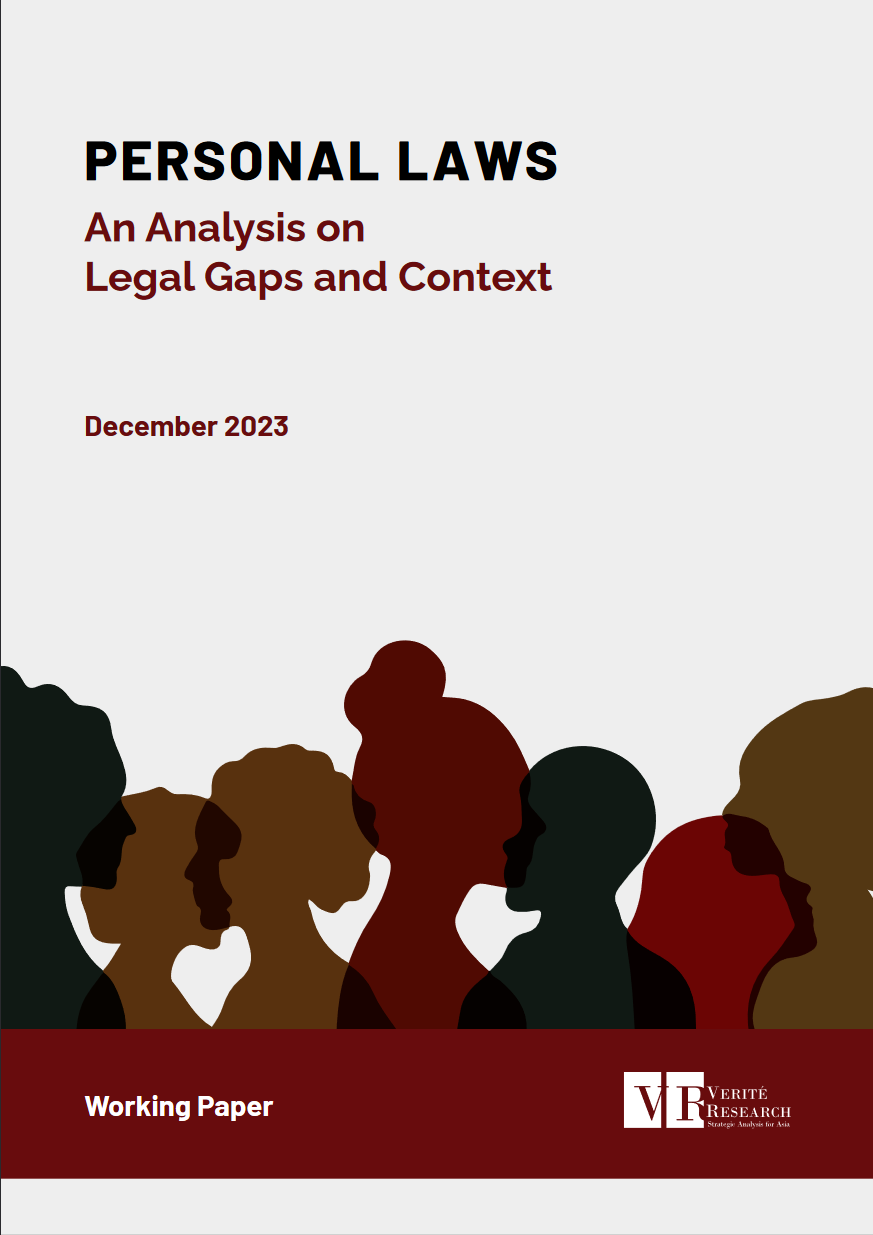This note examines the bond and equity market forensic audit reports to ascertain the scale of the EPF’s losses in the past. It also highlights a significant underestimation of the actual losses, as the forensic audit omitted the period after the February 2015 bond scam from the bond market forensic report. These losses largely stemmed from significant governance failures within the CBSL’s processes and undue influence from its top management. Await the detailed report by Verité Research. Register here to receive a free copy of the report as soon as it’s published. https://forms.office.com/r/8Qd6mUkrKU
This is Verité Research’s latest study on the Sri Lankan government’s progress in fulfilling the commitments on reconciliation and accountability in UNHRC Resolution 30/1. At the 51st session of the United Nations Human Rights Council (UNHRC) in September and October 2022, Resolution 51/1 was adopted. The Sri Lankan government rejected Resolution 51/1. On 9 September 2024, a written update on Sri Lanka was presented to the 57th UNHRC session. Verité Research’s report analyses the government’s progress in fulfilling all 36 commitments made in UNHRC Resolution 30/1, from September 2023 to August 2024.
This report, commissioned by the International Labour Organization assesses the challenges in extending social security benefits to domestic workers in Sri Lanka. It highlights legal gaps, socio-cultural barriers, and practical issues with implementing key schemes like the Employees’ Provident Fund (EPF), Employees’ Trust Fund (ETF), gratuity, maternity benefits, and work-related injury compensation. To address these challenges, the report suggests both short- and long-term measures, including amending laws, digitizing registration, and introducing new legislation to establish minimum labour standards. The report aims to enhance social security coverage and protect the rights of domestic workers in Sri Lanka.
The State of the Budget 2023 report compiled by Verité Research assesses the financial, economic and fiscal assumptions, the computation of estimates, and reporting standards applied in the 2023 Budget Speech. State of the Budget is set out in four main sections. Section one introduces the report, sets out its objectives and provides some background to Sri Lanka’s budget formulation process. Section two draws attention to the various deficiencies in the budget. Section three provides an analysis of the revenue estimates used in Sri Lanka’s 2023 Budget. Section four focuses on expenditure allocations and highlights concerns regarding the 2023 budget.
This report delves into the intricate landscape of Freedom of Religion or Belief (FoRB) in Sri Lanka, particularly focusing on the challenges surrounding the establishment and maintenance of places of worship. It sheds light on discriminatory practices, including registration requirements imposed by Ministry of Buddha Sasana circulars, which have disproportionately affected minority religious groups. By examining both international standards and domestic legal frameworks, the report aims to provide insights and recommendations to safeguard the right to FoRB in Sri Lanka and ensure equitable treatment for all religious communities.
This working paper outlines the technical and incentive dynamics for a proposed new sovereign debt instrument designed for countries with high country risk premiums, where this risk is, ceteris paribus, correlated with the quality of present and future governance. We call this instrument a Governance-Linked Sovereign Bond (GLSB). The paper introduces the design of a GLSB and the formulaic method for deploying such an instrument in situations where country risk premiums might be correlated with governance-related actions. A specific illustrative model is used to demonstrate the practical applications of this debt instrument.
Ethno-religious violence against minority groups in Sri Lanka is a long-entrenched phenomenon that has persisted, irrespective of changes in the political landscape of the country. This study examines critical trends in religiously motivated violence against Christians between November 2022 and October 2023, based on data collated by the National Christian Evangelical Alliance of Sri Lanka (NCEASL). The study unpacks three empirical insights into factors that lead to violence against Christians. These insights are data-driven explanations of who the primary perpetrators are, their main targets, and the modality through which they incite violence against Christians. The study also provides insight into harmful speech content against prominent religions in Sri Lanka found on online platforms. View Past Reports: Religious violence against Christians: Disruptions and Distractions Patterns and risks of Religious violence against Christians (October 2020 – October 2021) Prejudice and Patronage: An Analysis of Incidents of Violence against Christians, Muslims, Hindus in Sri Lanka (2021) Inaction and Impunity: Incidents of Religious Violence Targeting Christians, Muslims and Hindus (2015 – 2019)
A ‘Blueprint for a Rational Government in Sri Lanka‘, created by Verité Research and Manthri.lk, seeks to implement the recommendations from the White Paper on “A Rational Method for Cabinet Formation in Sri Lanka“, published in 2020. It lists down the duties and functions, institutions and acts to be implemented under the 15 ministries proposed in the annexures of the White Paper, following revisions that were supported by extensive expert consultation. This document is the blueprint by which governments can solve 3 key issues relating to irrational cabinet formation: 1. Misalignment of subjects Unrelated subjects being grouped together under one ministry. 2. Fragmentation of subjects Related subjects being split across different ministries. 3. Not having a fixed structure for ministries and their institutions Ministry purviews often change alongside ministerial appointments and shuffles, resulting in institutions shifting from ministry to ministry. The document takes on the form of an extraordinary gazette, and serves as a starting point for a more effectively and efficiently structured form of government.
The State of the Budget 2024 report compiled by Verité Research assesses the financial, economic and fiscal assumptions, the computation of estimates, and reporting standards applied in the 2024 Budget Speech. The state of the Budget is set out in four main sections. Section one introduces the report, sets out its objectives, and provides some background on Sri Lanka’s budget formulation process. Section two draws attention to the various deficiencies in the budget. Section three analyses the revenue estimates used in Sri Lanka’s 2024 Budget. Section four focuses on expenditure allocations and highlights concerns regarding the 2024 budget.
Sri Lanka has specific personal laws applicable to distinct ethnic and religious groups, such as Kandyan law, Muslim law and Tesawlamai law. Critics, both domestically and internationally, have raised concerns about discriminatory provisions in Sri Lanka’s personal laws that contradict constitutional and human rights standards. This working paper aims to assess the disparities between Sri Lanka’s personal laws and international standards, particularly focusing on gender discrimination and impacts on women and children’s rights. Recommendations for reforms aligning with international standards will be proposed, advocating for the evolution of personal laws while retaining Sri Lanka’s pluri-legal aspects.
